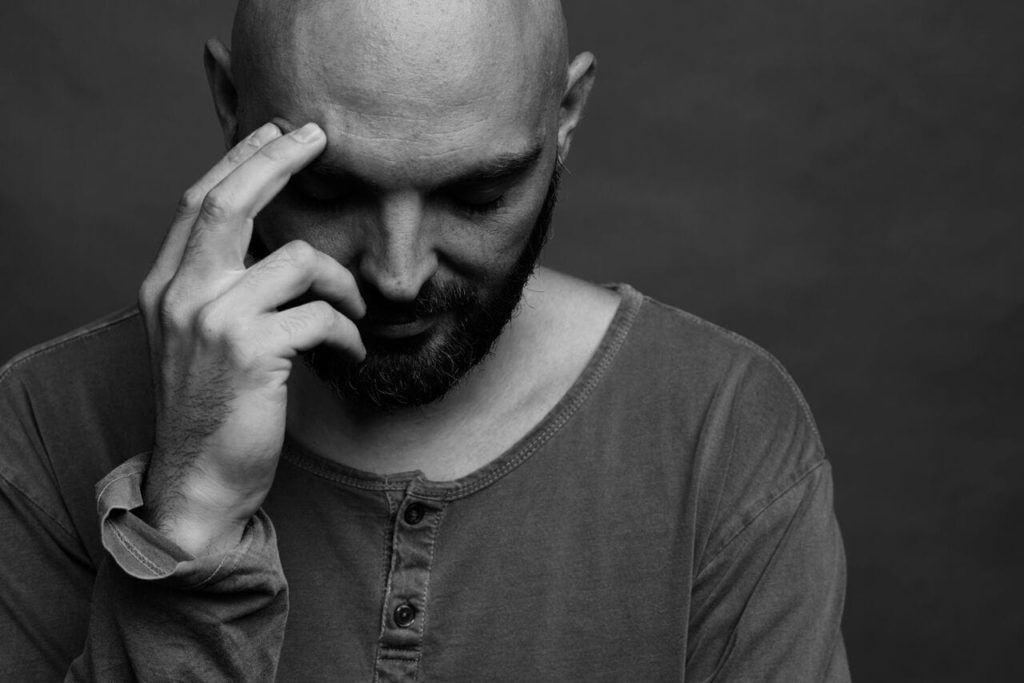Insomnia is the term used to describe either of two things: an inability to fall asleep under normal conditions and an inability to remain asleep in normal conditions. Research has shown that people who repeatedly experience these problems can undergo a number of negative changes in their health and well-being. Several studies indicate that you can add increased risks for suicide-related thinking and suicide attempts to the list of potential consequences of chronic insomnia.
Insomnia Essentials
Some people only experience problems falling asleep or staying asleep every once in awhile. Doctors refer to this situation as acute insomnia. However, others repeatedly experience sleep disruptions over time. If you experience symptoms at least three out of seven days for three months or longer, you may qualify for a diagnosis of chronic insomnia (insomnia disorder). Over 50% of all American adults report at least occasional insomnia symptoms. Roughly one in 10 adults report symptoms severe enough to interfere with their ability to function during the day.
Connection to Suicide
In a study published in 2010 in the journal Sleep Medicine, a team of American researchers examined the reality of an insomnia-suicide connection. All of the participants in this study had diagnosable symptoms of insomnia, as well as diagnosable symptoms of depression. The authors of the study concluded that the presence of chronic insomnia increases the likelihood that you will engage in suicidal thinking (potentially the first step in a progression that also includes suicide-related planning and outright suicide attempts). They also concluded that the impact of insomnia on suicidal thinking is independent of the impact of depression. In a later study published in 2013 in the Journal of Clinical Sleep Medicine, a team that included some of the same researchers took a closer look at the insomnia-suicide connection. Specifically, this second research study examined the impact of two sleep-related factors: nightmares and dysfunctional attitudes toward sleep and nightmares. After completing their work, they concluded that people with chronic insomnia who also have nightmares experience a roughly 35% increase in their risk of thinking about suicide. Further, the researchers concluded that people with chronic insomnia who also hold dysfunctional attitudes toward sleep and/or nightmares experience a roughly 38% increase in their risk of thinking about suicide. A third study, published in 2010 in The Journal of Clinical Psychiatry, looked at the impact of chronic insomnia and nightmares on the likelihood that a person receiving psychiatric care will make an actual suicide attempt, instead of just thinking about suicide. The authors of this study found that both insomnia and recurring nightmares independently increase suicide risks. The rise in risk appears to be both short-term (within a year or less) and long-term.
Sources
National Sleep Foundation: Insomnia https://sleepfoundation.org/insomnia/content/what-is-insomnia Sleep Medicine: Insomnia Severity Is an Indicator of Suicidal Ideation During a Clinical Depression Trial https://www.ncbi.nlm.nih.gov/pmc/articles/PMC2936685/ Journal of Clinical Sleep Medicine: Nightmares and Dysfunctional Beliefs about Sleep Mediate the Effect of Insomnia Symptoms on Suicidal Ideation https://www.aasmnet.org/jcsm/ViewAbstract.aspx?pid=28819 The Journal of Clinical Psychiatry: Nocturnal Sleep Disturbances as a Predictor of Suicide Attempts Among Psychiatric Outpatients: A Clinical, Epidemiologic, Prospective Study https://www.psychiatrist.com/jcp/article/Pages/2010/v71n11/v71n1105.aspx






